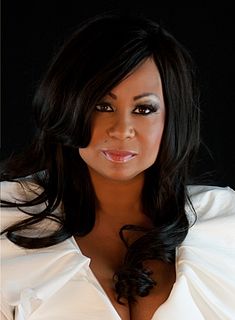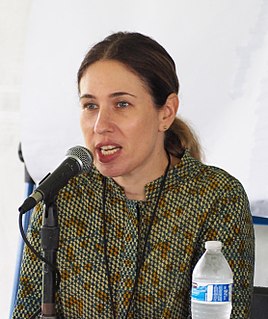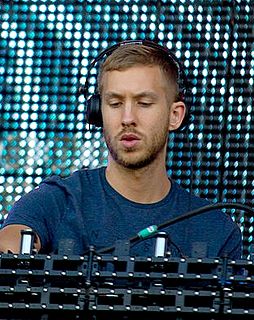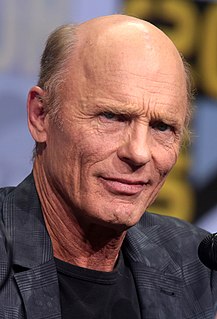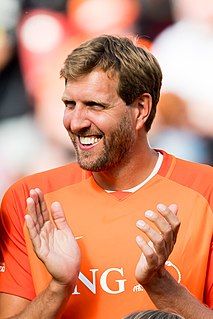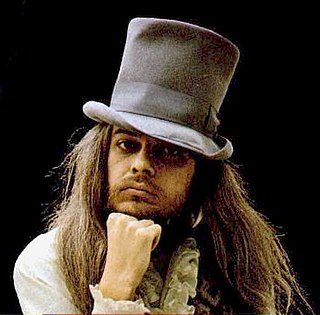A Quote by Nick Laird
Most of the poems I write go through forty versions and then stay in a file on my computer. I'm not very good at sending stuff out or feeling that something is ready to send out and I never have been. Part of the problem is that as soon as a poem is finished, it stops being all that interesting to me.
Related Quotes
I started out in graduate school to be a fiction writer. I thought I wanted to write short stories. I started writing poems at that point only because a friend of mine dared me to write a poem. And I took the dare because I was convinced that I couldn't write a good poem... And then it actually wasn't so bad.
I never think of my audience when I write a poem. I try to write out of whatever is haunting me; in order for a poem to feel authentic, I have to feel I'm treading on very dangerous ground, which can mean that the resulting revelations may prove hurtful to other people. The time for thinking about that kind of guilt or any collective sense of responsibility, however, occurs much later in the creative process, after the poem is finished.
I've found a bit of success in my career, and I'm very relieved by it, but the success that comes after a book is published is never as happy as the feeling of writing, of knowing you've written something good, of feeling like you've had a worthwhile day in the chair. That's the best feeling I know, and as soon as writing stops making me feel that way, I'll stop doing it.
Writer’s block is my unconscious mind telling me that something I’ve just written is either unbelievable or unimportant to me, and I solve it by going back and reinventing some part of what I’ve already written so that when I write it again, it is believable and interesting to me. Then I can go on. Writer’s block is never solved by forcing oneself to “write through it,” because you haven’t solved the problem that caused your unconscious mind to rebel against the story, so it still won’t work – for you or for the reader.
I wrote a number of poems about Kah Tai lagoon, when Safeway was building that huge, ugly store down there where I used to love to watch the birds nest. That political poem, or environmental poem, was unsuccessful because Safeway built there anyway. And yet the poem has something to say today, as it did then. And I speak here only of my own poems. The agenda for every poet has to be different because most of us write from direct human experience in the world.
The subject of the poem usually dictates the rhythm or the rhyme and its form. Sometimes, when you finish the poem and you think the poem is finished, the poem says, "You're not finished with me yet," and you have to go back and revise, and you may have another poem altogether. It has its own life to live.
Most of the best writing, the most creative writing, the most interesting, the most out-of-the-box kind of stuff, is being done on cable, you know, and on the computer. I mean, whatever it is, Amazon or Netflix or something. Because they're just willing to take chances, you know, and there's a market for it.
I never looked at basketball as work. I always enjoyed it as my hobby. I loved it. Once that love is gone, and I'm tired of working out every day and doing all the stuff to get me ready for games, and I'm tired of lifting and conditioning and doing all that other stuff around it, and I'd rather stay in bed, then it's time to go.
I've always been intrigued with the male characters in novels like 'Pride and Prejudice' such as Mr. Darcy, and this poem is part of a series of poems that explore desire and obsessions. The poems have been sitting in a drawer for a few years, so I decided to dust them off and work on them again since I have not written a new poem in more than three years. I'm not sure anything will become of the series, but at least it gives me something to work on in a period where I feel very uncreative.
You see, writing down your meanderings gets something started deep in the recesses of your brain. That distant part of your mind knows that you want to write stories or poems or plays and not endless jabber, and it will get to work. It may take a while. You may have to write this stuff for hours or days or weeks, but eventually that subterranean part of your brain will come through and begin to send you ideas.


